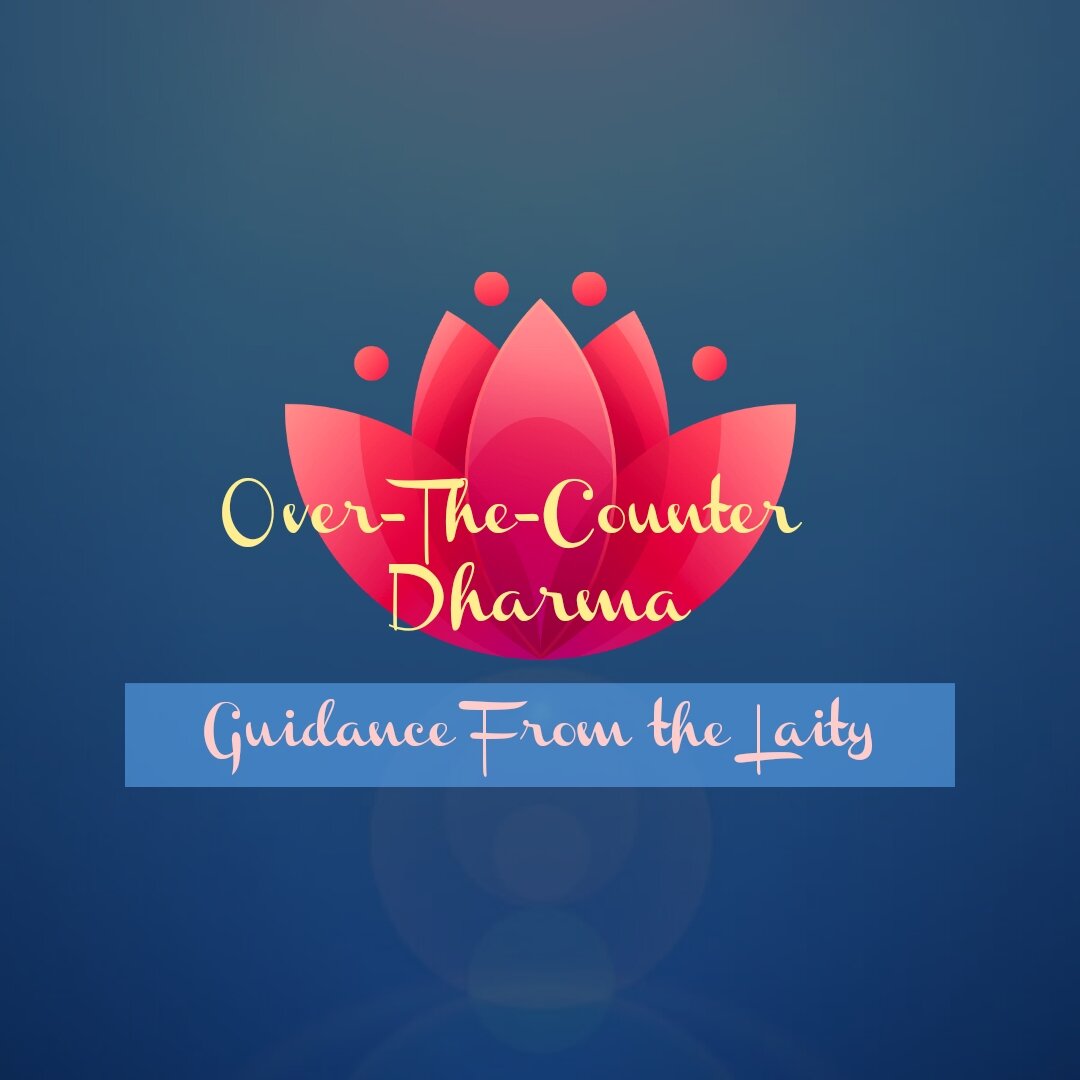Living and Dying With Awareness
When someone passes away, it gives us a chance to recognize our own fleeting time here. Everything born must die. Everything created must disintegrate. In Tibetan Buddhism, there is a practice called Phowa (pronounced po-wa) in which we ourselves visualize the time of death and try to deliberately control the direction of our consciousness as we pass from gross to subtle and most subtle consciousness. The moment of death is a very important time for the consciousness, for it determines the type of manifest form it will take in the next life.
The greatest lesson I've learned from Phowa and contemplation on my own death is that each moment in which we are alive is worth being mindful and paying attention to the sensations we have, the vistas we see, the sounds we hear . . . all the beautiful beings we meet.
Death awaits everyone who travels the path of life. It is simply a doorway to another path. Our actions of body, speech, and mind are the tolls we unwittingly pay to other highways that take us to better landscapes and freedom, or we spiral round and round in a seemingly endless circle. Choosing the right steps along the path creates an enjoyable journey, or a trip wrought with peril and suffering.
Some people just don't notice the cause and effect of their bad actions—they suffer too little. Some people don't see the cause and effect of their good actions—they suffer too much. Without introspection we can never see either the causes and results of good and bad actions of our thoughts, words, and deeds. Introspection and critical analysis is key to finding the right path that leads to better results.
Consider the moment in which a man has died. Only the quality of his mind, through the steps he has taken determines his direction and next experiences. He has no choice in the future before him Karma, which just means "action" in a dead language, means that the results of our responses to earlier events are forced upon us by the force of their ripening. We cannot choose the perceptions we have. There is no choice to perceive the color red when you look at it. You are forced by earlier moments in the mindstream to see red as you do. Thus, in the moment of death, you are also forced by your karma to experience the direction that unfolds due to the calibration of consciousness that you've created throughout life.
Take this example, every day at 5 pm you leave work. You get in your car and drive into heavy traffic. All the vehicles around you are honking at one other in impatient anger. You also honk your horn. Your reaction to others driving in ways different from yours becomes quicker and less patient. This response begins to leak into other areas of your life. You see others acting different than you and your patience is lost on them quickly. How can you maintain any peace of mind if you don't even pause to have a moment of mindfulness about the situation. You've become habituated to impatience.
How are your thoughts habituated? Have you developed a practice of pausing and being mindful of your next action? Is your first response to an experience that is "outside your box" one that disturbs your peace of mind? Interrupts your happiness? Now, when the moment of death comes, how will your mind react to this disturbing new experience? How will you take your exit? With a grateful bow and thankful tip of the hat? Or with anger, jealousy, fear, regret?
Practice living mindful of your actions and reactions. Try to understand the moment and be joyful that you can experience it with all your senses. Today, many others cannot . . . dead OR alive!
